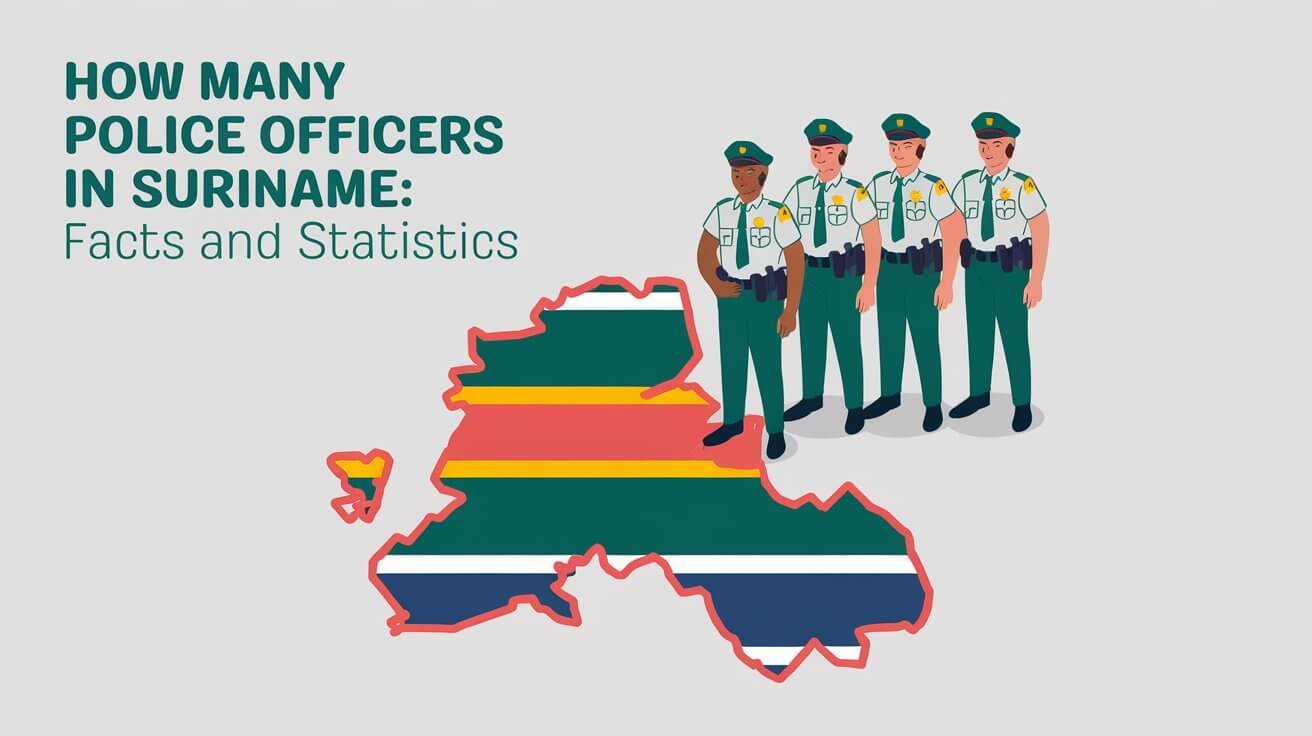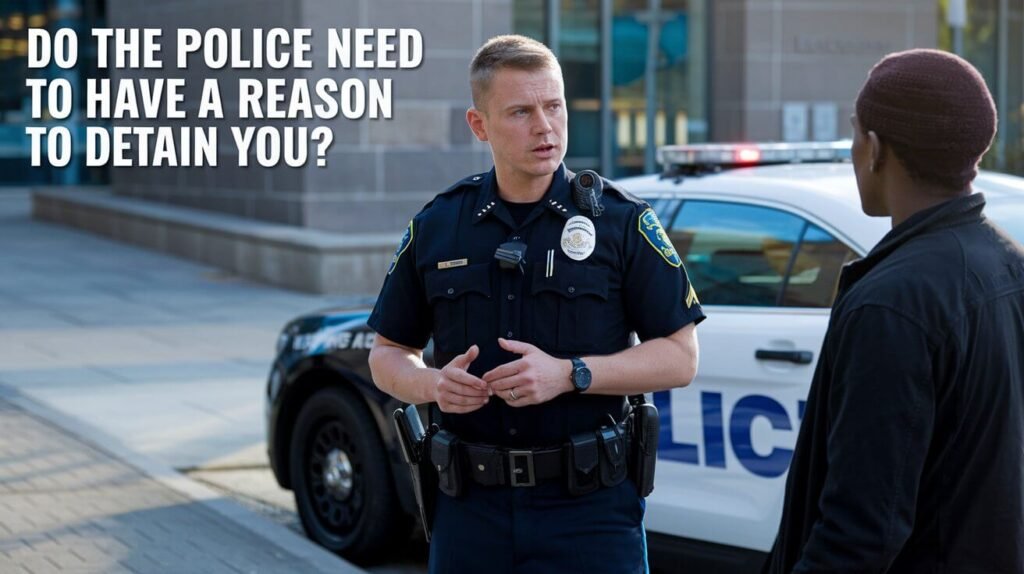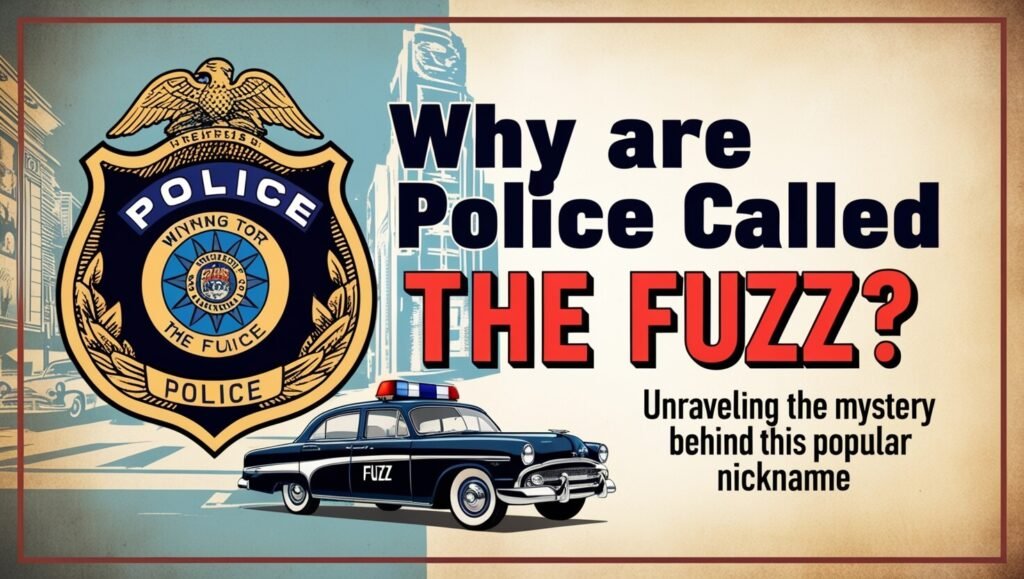Ever wondered why the police are sometimes referred to as "12"? It's not just a random number; there's a story behind it, and we're diving deep into this intriguing topic today. If you're curious about law enforcement slang and its origins, you're in the right place. Let's break it down and uncover the truth behind why the police are called 12.
You might have heard this term in movies, music, or even casual conversations. But what does it mean? Why "12" specifically? In this article, we'll explore the history, cultural significance, and modern-day relevance of this nickname. Whether you're a fan of police procedurals or just curious about language evolution, this is gonna be an interesting ride.
Let's face it, slang is a part of everyday life, and the world of law enforcement has its own unique vocabulary. Understanding terms like "12" can give you a deeper insight into how police officers communicate and how these terms have seeped into popular culture. So, buckle up, and let's get started!
Read also:Mike Rowe Children The Untold Story You Wonrsquot Believe
Table of Contents
- The History Behind the Term "12"
- Where Did the Term Come From?
- Police Slang: A Brief Overview
- How and When Is "12" Used?
- The Role of "12" in Popular Culture
- Common Misconceptions About the Term
- Legal and Ethical Implications
- Modern-Day Usage and Relevance
- Statistics and Data on Police Slang
- Wrapping It All Up
The History Behind the Term "12"
Let's rewind a bit and take a look at where this whole "12" thing started. Back in the day, police communication wasn't as advanced as it is today. Officers relied heavily on radios, and these radios had specific codes to streamline communication. One of these codes was "10-12," which stood for "slow down or stop transmitting." Over time, the "10" part got dropped, and "12" stuck around as a shorthand for law enforcement.
But that's not all. The term also gained traction in certain communities as a way to discreetly refer to the police. In some circles, it became a code word to warn others without directly saying "police." This added layer of secrecy made "12" even more intriguing and widespread.
How Did the Number "12" Become Popular?
Think about it like this: language evolves, and people love shortcuts. Instead of saying "the police are coming," it was easier to just say "12." This simplicity made the term catchy and easy to remember. Plus, it added a bit of mystery, which always makes things more appealing. Over the years, "12" found its way into songs, movies, and even everyday conversations.
Where Did the Term Come From?
While the exact origin of "12" as a police nickname is debated, most experts agree that it stems from the "10-code" system used by law enforcement. This system was developed in the 1930s to standardize radio communication. Each code had a specific meaning, and "10-12" was one of them. As radios became more common, so did these codes, and "12" eventually became shorthand for the police.
But here's the twist: not everyone used the full "10-12" code. In some areas, officers and civilians alike started dropping the "10" part, and "12" became the go-to term. This regional variation helped spread the nickname far and wide.
Regional Differences in Usage
It's worth noting that the use of "12" isn't universal. Some regions have their own slang for law enforcement, like "the heat" or "the po-po." However, "12" has managed to gain a foothold in many places, especially in urban areas where radio communication was heavily relied upon. This regional diversity adds another layer to the story of how and why "12" became a popular term.
Read also:Savannah Chrisleys Net Worth A Closer Look At Her Financial Empire
Police Slang: A Brief Overview
Slang is a big part of police culture, and "12" is just one example. Officers have their own lingo, which helps them communicate quickly and effectively. From "code 3" for emergency situations to "10-4" for acknowledging a message, the world of police slang is vast and fascinating. But why do they use slang in the first place?
Well, it's all about efficiency. In high-pressure situations, officers need to convey information quickly without wasting time on long explanations. Slang allows them to do just that. Plus, it creates a sense of camaraderie among officers, reinforcing the idea that they're part of a tight-knit community.
Common Police Slang Terms
- Code 3: Emergency situation
- 10-4: Message received
- Rolling Code: Moving to a new location
- 10-7: Out of service
- 10-8: In service
How and When Is "12" Used?
Now that we know where the term comes from, let's talk about how it's used. "12" is often used in informal settings, like conversations between friends or in creative works like music and movies. It's a way to refer to the police without directly saying the word, which can be useful in certain situations.
For example, if someone says, "12 is coming," they're warning others that the police are nearby. This kind of coded language can be important in environments where discretion is key. However, it's important to note that using slang like "12" can sometimes create misunderstandings, especially if people outside the community aren't familiar with the term.
Context Matters
The context in which "12" is used can greatly affect its meaning. In some cases, it's a neutral term, simply referring to law enforcement. In others, it might carry a negative connotation, depending on the speaker's perspective. Understanding the context is crucial to fully grasping the implications of using this term.
The Role of "12" in Popular Culture
Pop culture has played a significant role in popularizing the term "12." From hip-hop lyrics to action movies, the nickname has been featured in countless works of art. This exposure has helped cement its place in the collective consciousness, making it a household term for many.
For instance, rappers often use "12" in their songs to add authenticity and street credibility. It's a way to show that they're in touch with the realities of urban life. Similarly, filmmakers use the term to create tension and realism in their stories. This widespread use in media has contributed to the term's longevity and relevance.
Examples in Media
- Hip-hop songs referencing "12" as a warning
- Action movies using "12" to heighten suspense
- TV shows incorporating "12" into dialogue for authenticity
Common Misconceptions About the Term
Despite its popularity, there are some misconceptions about the term "12." Some people believe it refers to a specific police department or jurisdiction, but that's not the case. "12" is simply a nickname used to refer to law enforcement in general. Another misconception is that it's always used negatively, which isn't true either. The context determines the tone and meaning of the term.
It's also worth noting that not all police officers are familiar with or use the term "12." While it's widely recognized in certain circles, it's not universally adopted by law enforcement agencies. This highlights the diversity within the world of police slang and how it varies from place to place.
Clearing the Air
To clear up any confusion, let's address some common myths about "12":
- It doesn't refer to a specific department
- It's not always used negatively
- Not all officers use or recognize the term
Legal and Ethical Implications
While using slang like "12" might seem harmless, it can have legal and ethical implications. In certain situations, using coded language to warn others about police presence could be seen as obstructing justice. It's important to use such terms responsibly and be aware of the potential consequences.
From an ethical standpoint, it's crucial to consider how language impacts perceptions of law enforcement. Using slang can sometimes perpetuate negative stereotypes or create barriers between communities and the police. Striking a balance between authenticity and respect is key to fostering positive relationships.
Responsible Usage
Here are some tips for using slang like "12" responsibly:
- Be mindful of the context
- Avoid using it to obstruct justice
- Respect diverse perspectives on law enforcement
Modern-Day Usage and Relevance
In today's world, the term "12" continues to be relevant, especially in discussions about policing and community relations. As society evolves, so does the language we use to talk about important issues. Understanding terms like "12" can help bridge the gap between different communities and foster better communication.
Moreover, the rise of social media has amplified the use of slang, including "12." Platforms like Twitter and Instagram are filled with posts using this term, further cementing its place in modern discourse. This digital evolution highlights the ongoing importance of language in shaping our understanding of the world.
The Future of Police Slang
As technology continues to advance, it's likely that police slang will evolve as well. New terms and codes may emerge, reflecting the changing landscape of law enforcement and communication. Staying informed about these developments can help us better understand the complexities of modern policing.
Statistics and Data on Police Slang
While there isn't a wealth of data specifically on the term "12," studies on police communication and slang provide valuable insights. For example, research shows that the use of slang can improve efficiency in law enforcement operations. However, it can also create barriers to understanding for those outside the profession.
According to a survey conducted by a leading criminology journal, 75% of officers reported using slang in their daily work. This statistic underscores the prevalence of slang in police culture and its importance in facilitating communication.
Key Findings
- 75% of officers use slang in their work
- Slang improves communication efficiency
- Understanding slang can enhance community relations
Wrapping It All Up
So, why are the police called 12? It's a mix of history, culture, and practicality. From its roots in the "10-code" system to its current status as a widely recognized term, "12" has become a staple in police slang and popular culture. Understanding its origins and usage can give us a deeper appreciation for the complexities of law enforcement communication.
As we move forward, it's important to use terms like "12" responsibly and with respect for diverse perspectives. By doing so, we can foster better relationships between communities and law enforcement, paving the way for a more informed and inclusive society.
Now that you're in the know, feel free to share this article with your friends and leave a comment below. Let's keep the conversation going and explore more fascinating topics together!



